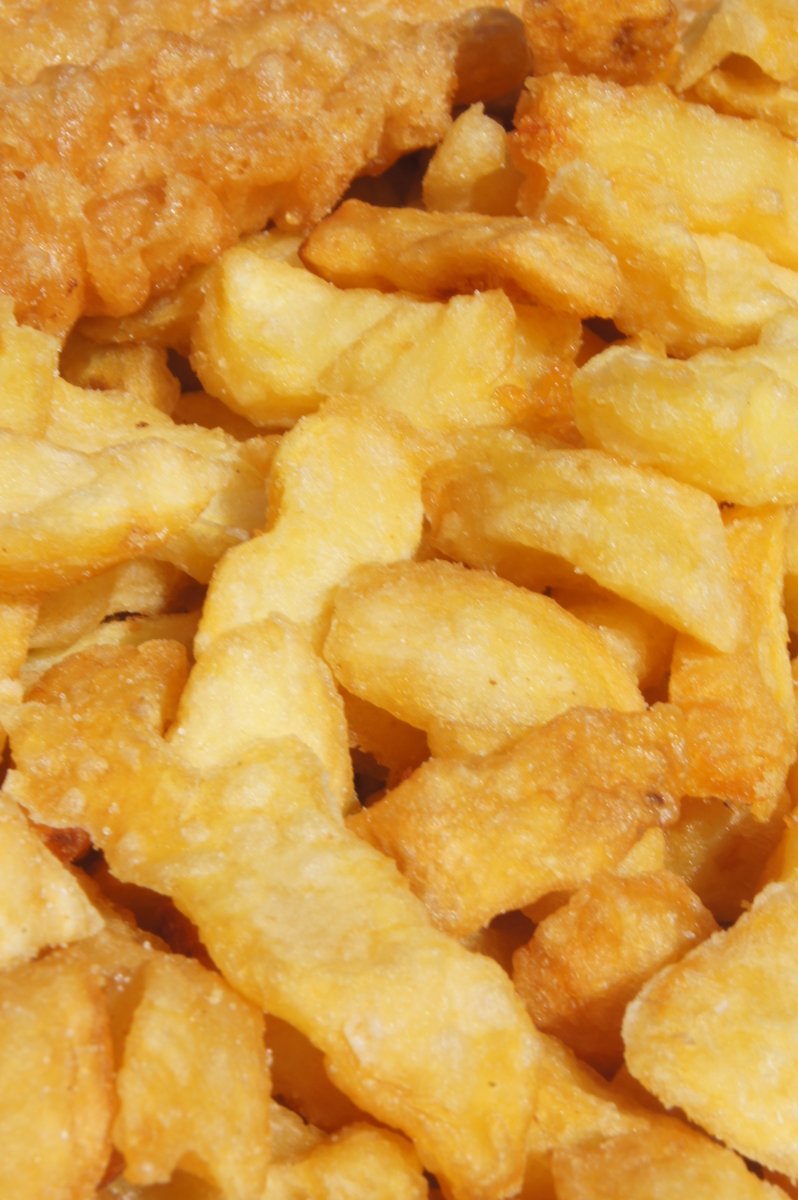About us
This is just an example of a Chip Shop listing! For more information on our listings, please visit www.chipshop.co.nz
From Wikipedia:
Fish and chips became a stock meal among the working classes in the United Kingdom as a consequence of the rapid development of trawl fishing in the North Sea, and the development of railways which connected the ports to major industrial cities during the second half of the 19th century, which meant that fresh fish could be rapidly transported to the heavily populated areas. Deep-fried fish was first introduced into Britain during the 16th century by Jewish refugees from Portugal and Spain, and is derived from pescado frito. In 1860, the first fish and chip shop was opened in London by Joseph Malin. Deep-fried chips (slices or pieces of potato) as a dish may have first appeared in Britain in about the same period: the Oxford English Dictionary notes as its earliest usage of "chips" in this sense the mention in Dickens' A Tale of Two Cities (published in 1859): "Husky chips of potatoes, fried with some reluctant drops of oil". The modern fish-and-chip shop ("chippy" or "chipper" in modern British slang) originated in the United Kingdom, although outlets selling fried food occurred commonly throughout Europe. Early fish-and-chip shops had only very basic facilities. Usually these consisted principally of a large cauldron of cooking fat, heated by a coal fire. During World War II fish and chips remained one of the few foods in the United Kingdom not subject to rationing. In the United Kingdom and Ireland, the Fish Labelling Regulations 2003 enact directive 2065/2001/EC and generally means that "fish" must be sold with the particular commercial name or species named; so "cod and chips" now appears on menus rather than the more vague "fish and chips". In the United Kingdom the Food Standards Agency guidance excludes caterers from this; but several local Trading Standards authorities and others do say it cannot be sold merely as "fish and chips".
